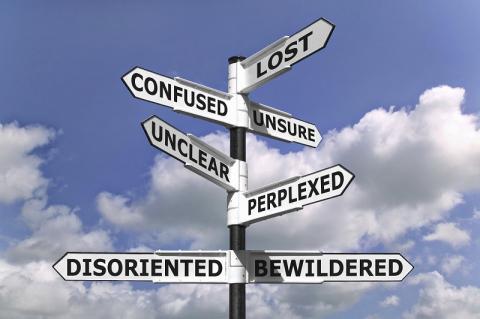Vaccines: behind the incomprehension

The alarming drop of vaccine coverage in Italy reported by the Istituto superiore di sanità and the rising scepticism towards the efficacy and safety of vaccinations is not due to parents being less informed than ten years ago. On the contrary, nowadays the resolution to take mindful health choices for their own children is a stronger drive for families to gather information. A drive that does not represent a lack of attention or a weaker desire to protect their kids. Attacking these families, making them feel guilty or sanctioning them are all approaches that could push them to radicalize their positions.
According to ASSET experts, the quarrel about vaccines is not only a matter of information that can be solved by just providing scientific evidences against groundless claims. In such a debate, the public is already overwhelmed by information. The voices of those who defend vaccines since early age as one of the greatest progresses in the history of humankind crosses with those who consider them a dangerous threat to children’s health driven by Big Pharma economic interests, without any chance to understand each other. Those on one side of the barricade provide data, graphs and evidences documented by several studies submitted to peer-review, while on the other side there are people who entrust opinions and claims by single individuals with great communicative skills, who appeal to emotions and fears.
“It is fundamental to reiterate those evidences that have been confirmed” clarifies Eva Benelli, journalist and expert of risk communication from Zadig, and member of ASSET. “It is true that the link between vaccines and autism comes from an undeniable fraud, that vaccines are the safest medication available, that they protect us from diseases that still represent a potential threat, that they not endanger a child’s immune system, and so on. But claiming these evidences is not enough. We need to understand the emotional and cognitive mechanisms behind parents’ uncertainty and hesitancy”.
To this regard, theories of risk communication have many lessons to teach. “For instance, the ‘natural’ risk related to a disease is often considered more acceptable than the ‘artificial’ risk due to vaccination. Even if the ‘natural’ risk is much more serious than the ‘artificial’ one” explains Benelli. “Another issue is that of cognitive mistakes, like when a cause-effect relationship is attributed to two events, one of which follow the other, as in the case of the appearance of some symptoms just after a vaccine. Which is something that may be due to a simple coincidence”.
It is thus necessary to listen to parents’ fears, to understand their doubts and share their desire to guarantee the best for their children, avoiding a condescending attitude and showing respect and comprehension, in order to help them realize how they could have been misled. By others or by themselves.
